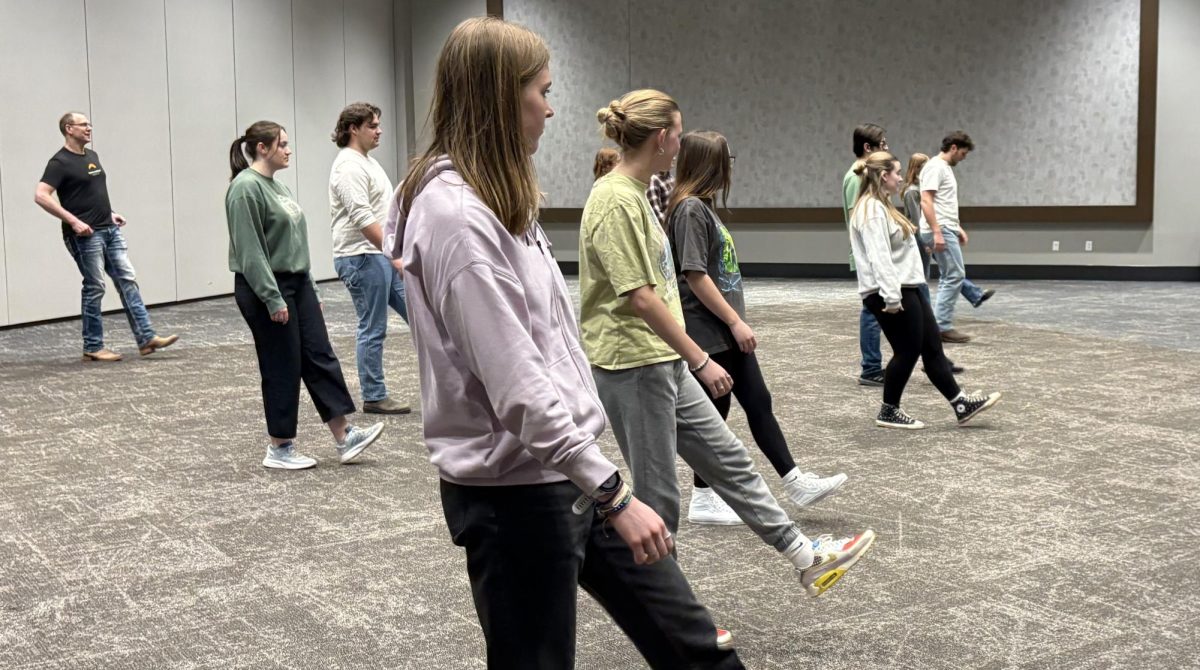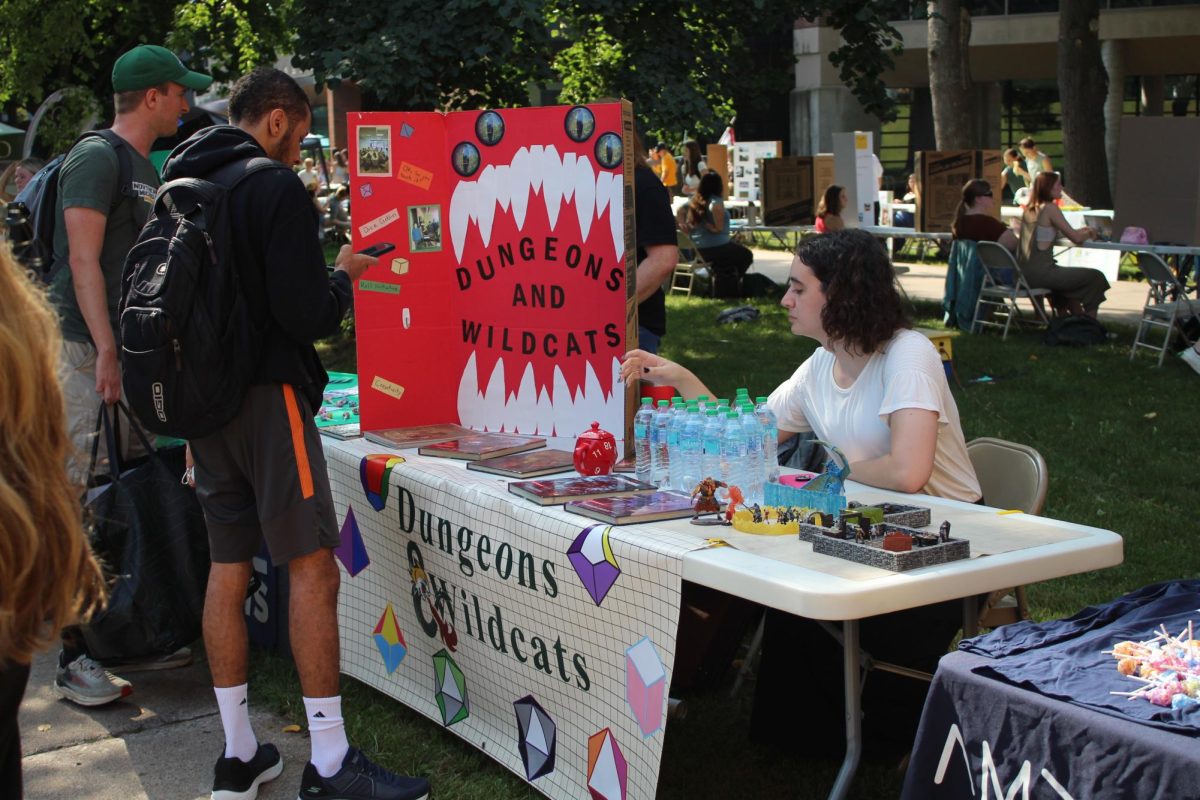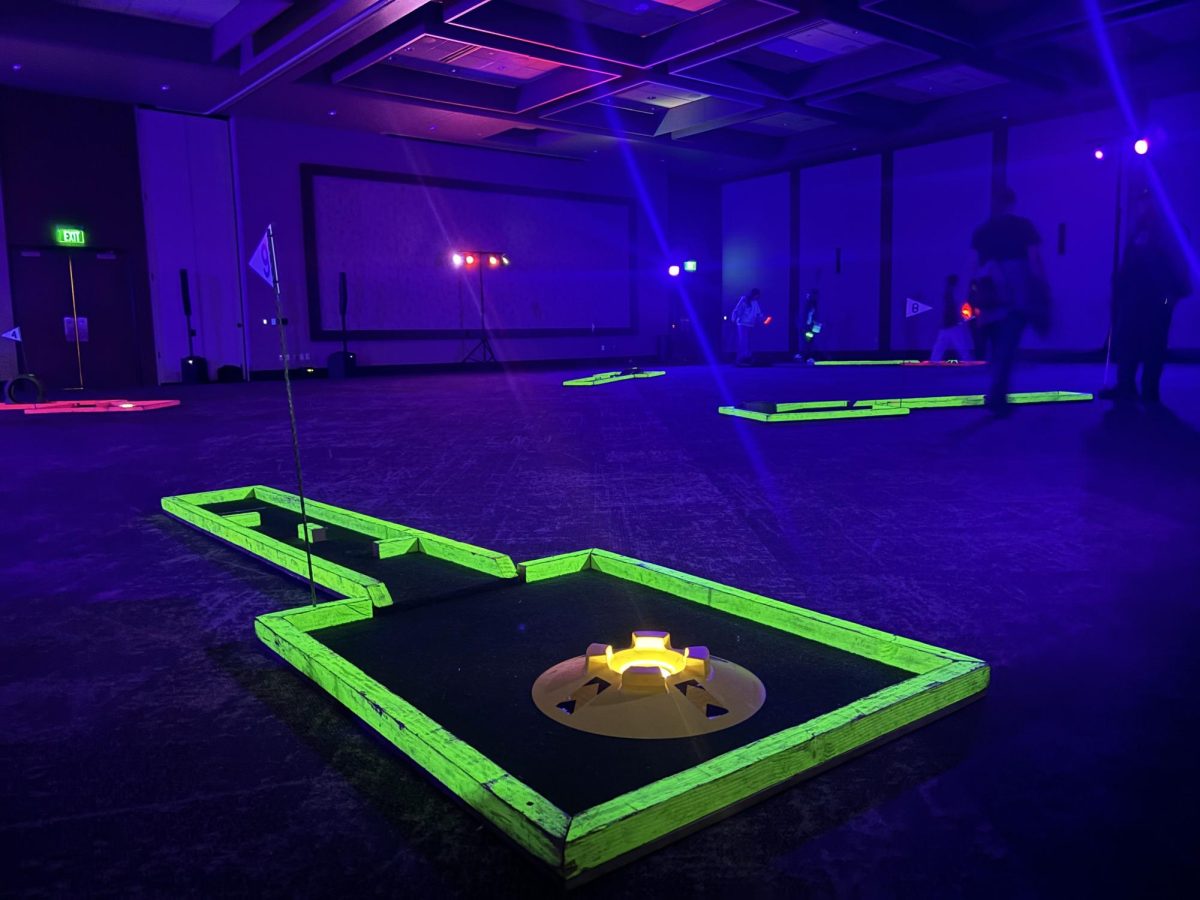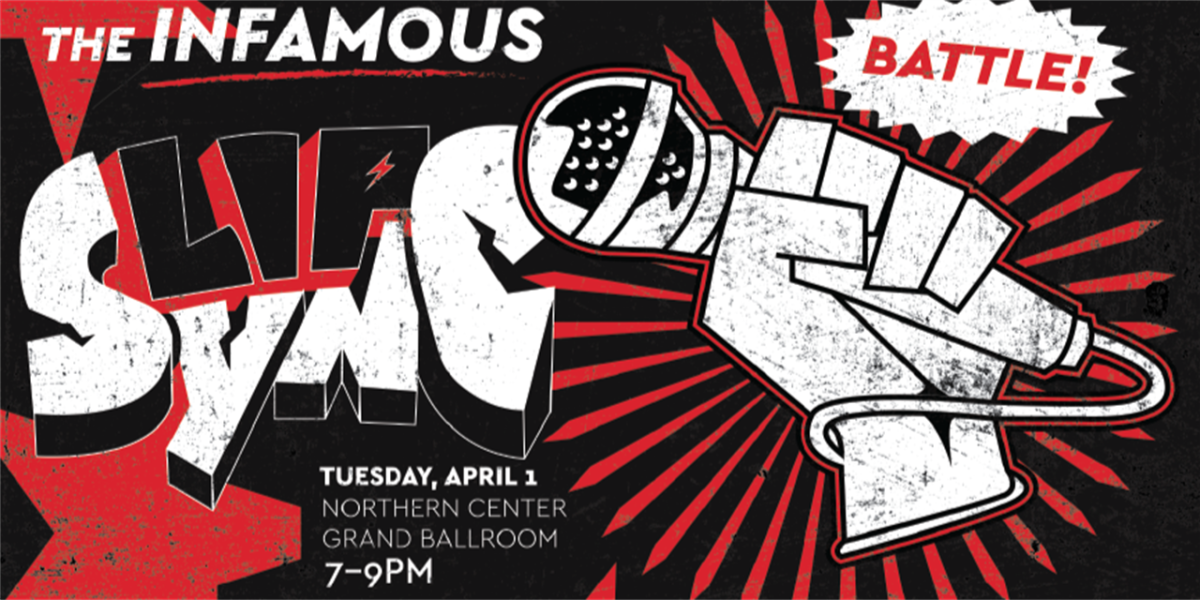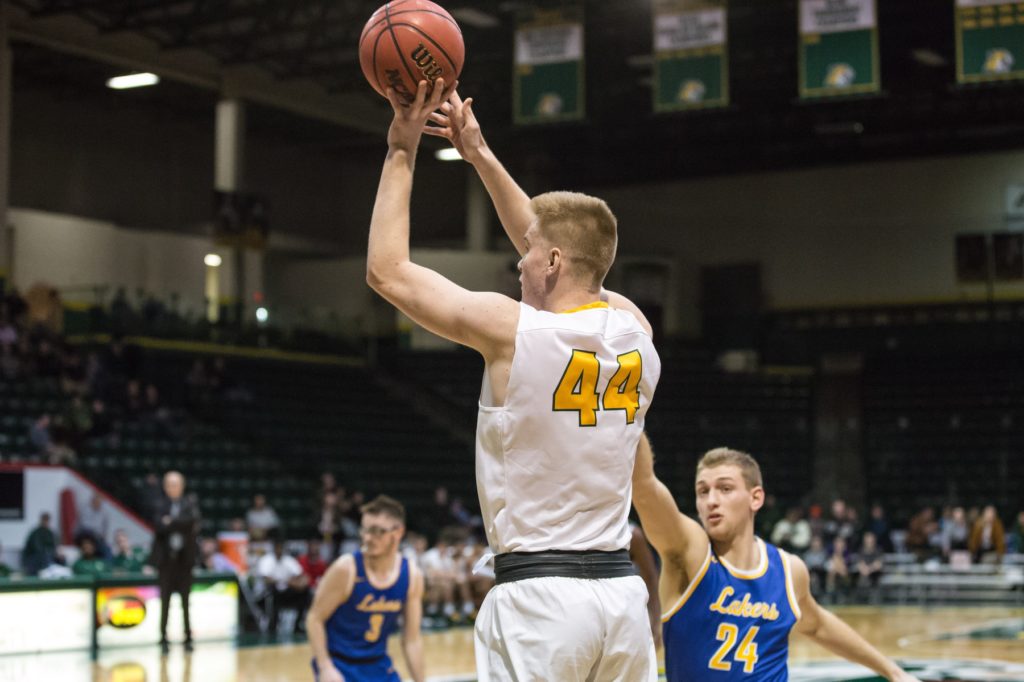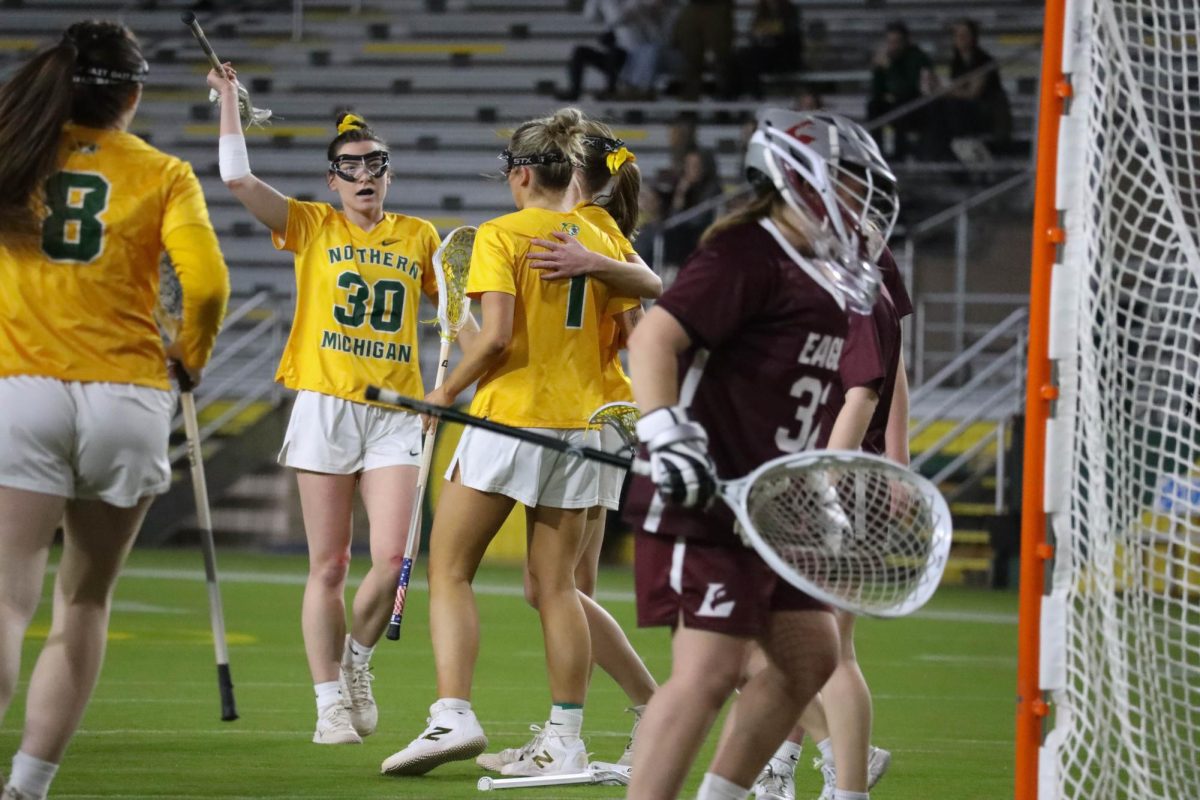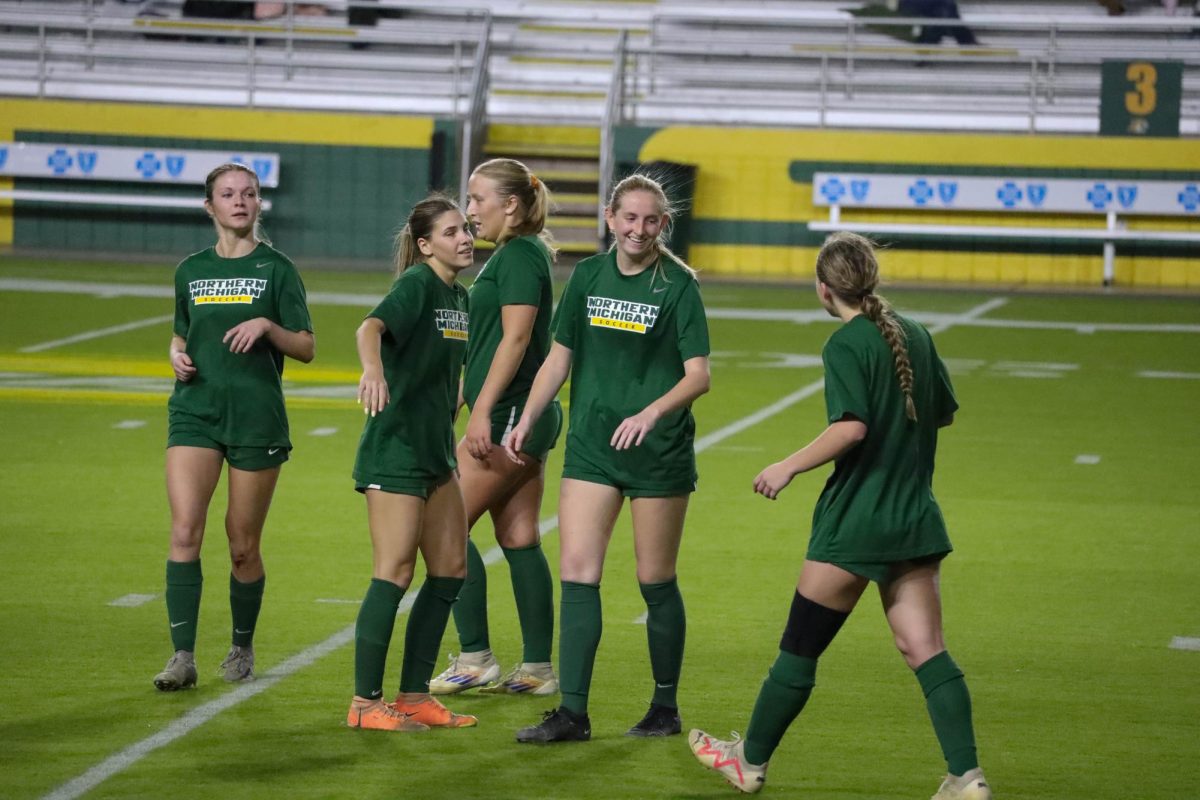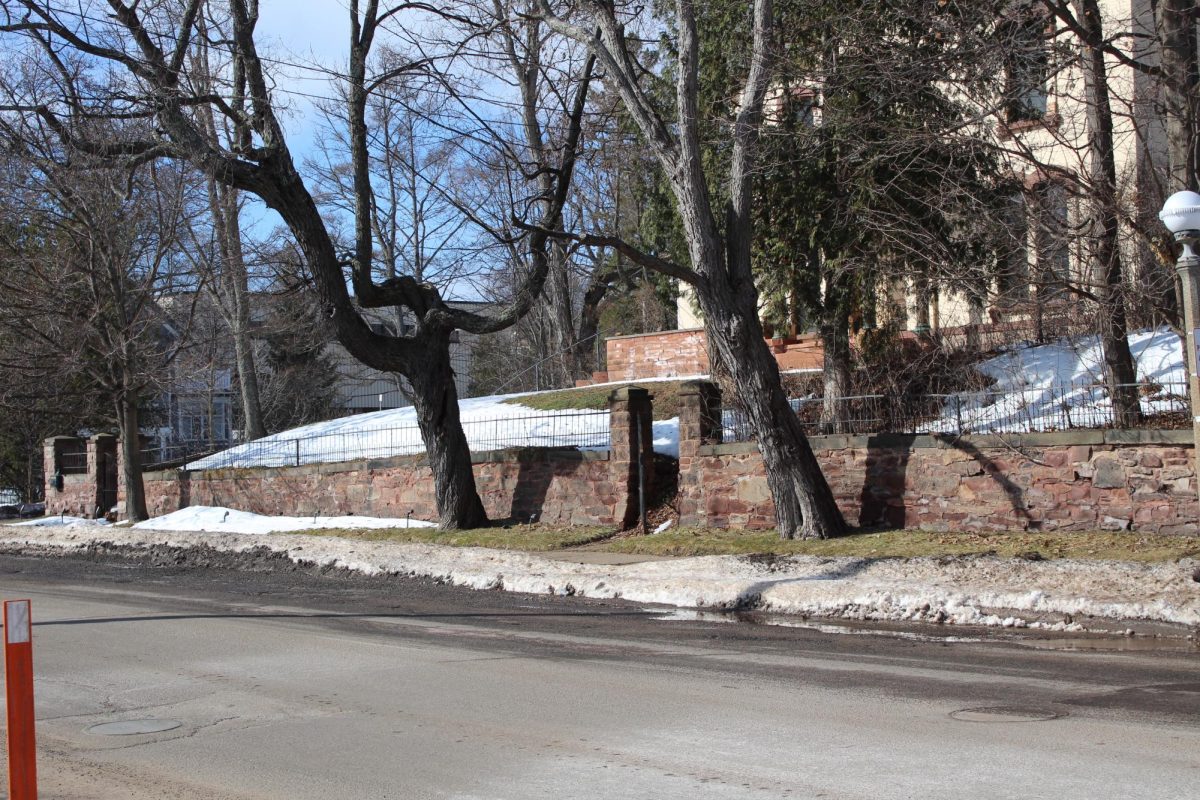When it comes right down to it, I don’t remember where I was when I first heard about the Sept. 11 attacks.
For the members of New York’s finest, where they were when they heard the news isn’t nearly as important as where they went afterwards. News of the attacks barely had time to sink in before it was time for the NYPD and the FDNY to put on their uniforms and go to work.
Memorial services were held nationwide over the weekend to celebrate the 10th anniversary of the World Trade Center attacks, the largest being held at the Ground Zero site itself. Gazing out over the audience, those watching the ceremony on TV saw the thousands of grieving family members of those killed in the tragic attacks. But where were those same members of New York’s fire and police departments, the Sept. 11 first responders, on the anniversary of their ultimate call to action? Maybe they were in uniform, like they are every day, working to keep New York safe. Or maybe they were watching the memorial service on TV from a hospital bed, slowly wasting away from lung disease contracted from the inhalation of toxic dust while sifting through the rubble of the twin towers. But, unless a freak fire broke out at the memorial service, first responders weren’t invited to attend the event at Ground Zero. On the 10th anniversary of the World Trade Center attacks, we remembered the 2,976 Americans whose lives were taken in the blink of an eye. But for the heroes of Sept. 11, those who worked day and night amidst the rubble to find survivors, the sacrifices they made still live with them to this day. In the years after the World Trade Center attacks, many of the Sept. 11 first responders began suffering from extensive medical problems, including a myriad of different forms of cancer and respiratory diseases. Enter the Zadroga Bill, the namesake of New York City Policeman James Zadroga, who died in 2006 from lung disease attributed to the inhalation of harmful toxins present at the Ground Zero site. The Zadroga Bill provided health care to any and all Sept. 11 first responders who had serious health ailments picked up during their relief work.
Unfortunately, like most admirable ideas that go through congress, the Zadroga Bill stalled for years, eventually getting caught up in a filibuster on the Senate floor. It was Jon Stewart, comedian and host of The Daily Show, who broke from his comedic routine to present the story of four first responders with life threatening ailments and little money for treatment. Congress, being sufficiently guilt tripped, finally signed the bill into law last January.
In a sickening turn of events, due to a study conducted by the National Institute for Occupational Safety and Health (NIOSH), the Zadroga 9/11 Health Compensation Act left cancer off the list of covered ailments. It was determined by the NIOSH that cancer could not be effectively linked to the toxins present at Ground Zero. Try telling that to Robert Grossman, Richard Mannetta, Cory Diaz, John McNamara, and dozens of otherwise healthy first responders who succumbed to cancer in their late 30’s and early 40’s. Even if the cancer is coincidental, is spending a little money to save the lives of our country’s bravest ever a waste?
According to a recent FDNY study, firefighters who cleared through the wreckage suffered a 19 percent higher risk of cancer than those who did not. The study, published in the “Lancet Medical Journal” analyzed the dust particles thrown into the air after the towers’ collapse. What they found were hundreds of chemical compounds, including among them known carcinogens such as asbestos and mercury. For those first responders who remain healthy, the worst may be yet to come, said Dr. David Prezant, the lead author of the study, as cancer often takes decades to mature after a subject is exposed to a cancer-causing agent. Because of this, scientists won’t be able to definitively prove that the toxic dust left over from the Sept. 11 attacks causes cancer, potentially delaying the treatment of many who don’t have much time to waste.
For many Sept. 11 first responders, this is only another drop in the bucket against a country that claims to value their sacrifice, but clearly has better things to do when it comes to actually recognizing and rewarding them for their efforts.
I realize the reasons for limiting the amount of people receiving free health care on the taxpayer’s tab. As a country, our spending is out of control. But is denying aid to the heroes of our generations greatest tragedy really how we want to save money?





